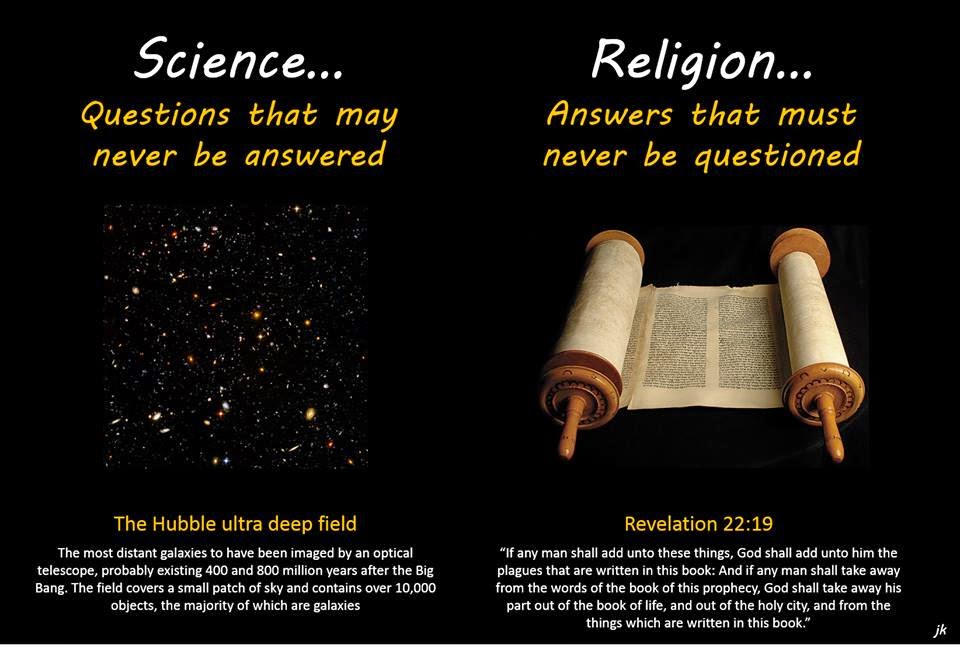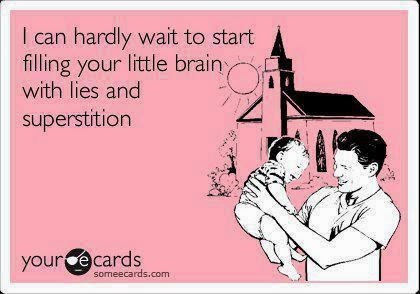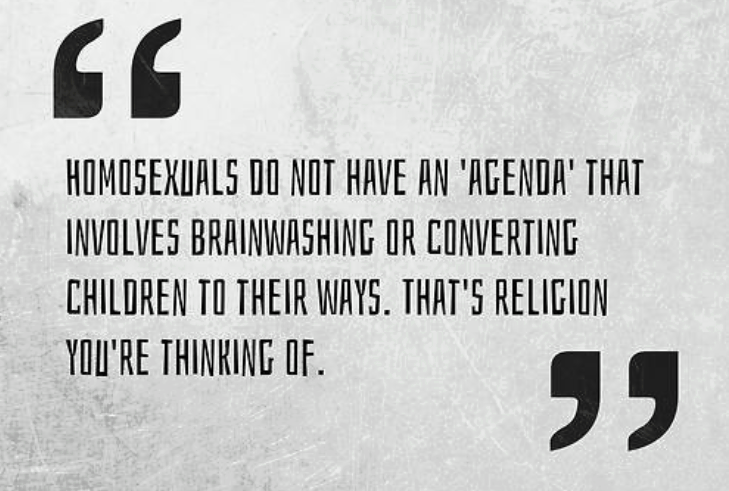“Happy Is the Man That Findeth Wisdom”
Proverbs and Ecclesiastes
LDS manual: here
Reading
We’re now into the so-called “wisdom books”, allegedly written by Solomon. And I have to say: after the terrible books of Chronicles and Kings, the books of Proverbs and Ecclesiastes are a breath of fresh air. In fact, there’s a lot of great stuff in here.
Wisdom
Proverbs is very big on wisdom. Some representative verses:
Prov. 4:7 Wisdom is the principal thing; therefore get wisdom: and with all thy getting get understanding.
8:11 For wisdom is better than rubies; and all the things that may be desired are not to be compared to it.
16:16 How much better is it to get wisdom than gold! and to get understanding rather to be chosen than silver!
And yet I gather that you’re supposed to get wisdom by magical means, and not by book larnin’.
Ecc. 12:12 And further, by these, my son, be admonished: of making many books there is no end; and much study is a weariness of the flesh.
Rather predictably, the real lesson manual tries to draw the tired distinction between being ‘learned’ and being ‘wise’
The books of Proverbs and Ecclesiastes emphasize the importance of wisdom. What differences are there between being learned and being wise?
inviting members to note that smart people don’t always stay in the church. No, they don’t, do they? Why is that?
Not only that, but the writer of Proverbs misplaces where knowledge is to be found.
1:7 The fear of the LORD is the beginning of knowledge: but fools despise wisdom and instruction.
The fear of the Lord is not the beginning of wisdom, not even if we define fear as respect, awe, and so on. More often than not, theism and supernaturalism work against scientific inquiry. By giving easy but unproductive answers like ‘godiddit’
and by discouraging questions
supernaturalism makes gaining knowledge just about as difficult as possible.
Mercy
It’s good to be merciful.
Prov. 11:17 The merciful man doeth good to his own soul: but he that is cruel troubleth his own flesh.
25:21 If thine enemy be hungry, give him bread to eat; and if he be thirsty, give him water to drink:
25:22 For thou shalt heap coals of fire upon his head, and the LORD shall reward thee.
And yet wise kings are supposed to run wicked people over, apparently.
Prov. 20:26 A wise king scattereth the wicked, and bringeth the wheel over them.
Fairness
Prov. 11:1 A false balance is abomination to the LORD: but a just weight is his delight.
Restraint
Prov. 11:12 He that is void of wisdom despiseth his neighbour: but a man of understanding holdeth his peace.
15:1 A soft answer turneth away wrath: but grievous words stir up anger.
17:28 Even a fool, when he holdeth his peace, is counted wise: and he that shutteth his lips is esteemed a man of understanding.
Kindness to animals
Prov. 12:10 A righteous man regardeth the life of his beast: but the tender mercies of the wicked are cruel.
Keeping things in perspective
It’s good to have your priorities in place.
Prov. 13:7 There is that maketh himself rich, yet hath nothing: there is that maketh himself poor, yet hath great riches.
And even an allusion to the kind of oppositional approach that makes the scientific method work.
Prov. 27:17 Iron sharpeneth iron; so a man sharpeneth the countenance of his friend.
Yes, there’s a lot of good stuff in Proverbs. And yet, some of the worst advice in the Bible is right here. Let’s get to it.
Main ideas for this lesson
Trust in the Lord
I already had a go at this scripture in an earlier lesson.
Prov. 3:5 Trust in the LORD with all thine heart; and lean not unto thine own understanding.
And to put a finer point on it:
Prov. 28:26 He that trusteth in his own heart is a fool: but whoso walketh wisely, he shall be delivered.
To review: it’s just about the worst scripture around because it’s designed to get you to ignore your own thoughts and motivations. The only reason someone would get you to stop thinking for yourself is that they know their bullshit system won’t benefit from you doing so.
But there’s a further problem with ‘trusting in the Lord with all your heart’: In order to do this, you’d have to assume that your understanding of what ‘the Lord’ wants can’t be wrong or mistaken. Are you infallible?
What people really mean by “trust the Lord” is “trust yourself”.
And when you have a god who isn’t directly and clearly available for comment, guess who’s always willing to step in and interpret the divine will? People. This is a system that’s just begging for abuse.
Indoctrination of children
Here’s another one of the most evil verses in the Bible:
Prov. 22:6 Train up a child in the way he should go: and when he is old, he will not depart from it.
How much indoctrination this verse must be responsible for! How carefully parents teach religious dogma to believing children, adding layer on top of layer for years and years.
Natural selection builds child brains with a tendency to believe whatever their parents and tribal elders tell them. Such trusting obedience is valuable for survival: the analogue of steering by the moon for a moth. But the flip side of trusting obedience is slavish gullibility. The inevitable by-product is vulnerability to infection by mind viruses. (pg. 176)
What’s the answer?
• Use skepticism to give children good ways of detecting good ideas from baloney. Again, I really like Maybe Yes, Maybe No by Dan Barker.
• Let children form their own ideas and their own identity.
• Resist the efforts of people who want to indoctrinate other people’s kids, as with school prayer.
Child abuse
The book of Proverbs tells us that it’s okay to beat your kids. It starts by saying that it’s good to beat stupid people…
Prov. 10:13 In the lips of him that hath understanding wisdom is found: but a rod is for the back of him that is void of understanding.
continues by saying that you should “chasten” children with a rod…
Prov. 13:24 He that spareth his rod hateth his son: but he that loveth him chasteneth him betimes.
…and you shouldn’t stop beating them just because they cry.
Prov. 19:18 Chasten thy son while there is hope, and let not thy soul spare for his crying.
In fact, “correcting” (or beating) a child with a rod will drive the foolishness out of them.
Prov. 22:15 Foolishness is bound in the heart of a child; but the rod of correction shall drive it far from him.
Once in my Mormon days, I taught this lesson in Sunday School. I’ve always been against beating or spanking children — even as a TBM — because I think children should have consequences for their actions, but physical punishment is not a good consequence. Consequences should be related somehow to the behaviour.
So I read these proverbs in class, and invited comments. A few people tried to tone it down a bit. One inventive fellow said that the “rod” wasn’t really a rod — it was more like a “book”. You know, like the “stick of Joseph”! I asked in response if we were meant to beat children with books, perhaps? He demurred.
Another member said that the “rod” wasn’t meant to be interpreted as beating. He commented that a shepherd doesn’t use his rod to beat sheep; he just puts it in their way so they won’t go to the wrong place. I don’t know how he was so knowledgable about sheep.
My response was to pull out Proverbs 23:13, which explicitly discusses using the rod for beating:
Prov. 23:13 Withhold not correction from the child: for if thou beatest him with the rod, he shall not die.
23:14 Thou shalt beat him with the rod, and shalt deliver his soul from hell.
I then paused, looked at the silent class, and said, “The Bible says to beat your kids. The Bible is wrong. Don’t beat your kids.”
Looking back, I can’t believe I said that! But then I suppose I had some support from Gordon B. Hinckley, who said in a Conference talk:
In terms of physical abuse, I have never accepted the principle of “spare the rod and spoil the child.” I will be forever grateful for a father who never laid a hand in anger upon his children. Somehow he had the wonderful talent to let them know what was expected of them and to give them encouragement in achieving it. I am persuaded that violent fathers produce violent sons. I am satisfied that such punishment in most instances does more damage than good. Children don’t need beating. They need love and encouragement. They need fathers to whom they can look with respect rather than fear.
Credit where credit is due; he got this right. That he had to repudiate the Bible to get this right speaks volumes against the Bible.
There are a lot of Christians who do take Proverbs seriously, and who do beat their children. Currently the most ghoulish of these is Michael and Debi Pearl of the No Greater Joy Ministry. Their book “To Train Up a Child” (change.org petition here) gives some rather chilling suggestions:
Never reward delayed obedience by reversing the sentence. And, unless all else fails, don’t drag him to the place of cleansing. Part of his training is to come submissively. However, if you are just beginning to institute training on an already rebellious child, who runs from discipline and is too incoherent to listen, then use whatever force is necessary to bring him to bay. If you have to sit on him to spank him then do not hesitate. And hold him there until he is surrendered. Prove that you are bigger, tougher, more patiently enduring and are unmoved by his wailing. Defeat him totally. Accept no conditions for surrender. No compromise. You are to rule over him as a benevolent sovereign. Your word is final.
Their preferred instruments are rulers, switches, and lengths of PVC piping. Their methods have been implicated in the deaths of three children. And all perfectly biblical.
Additional teaching ideas
Women
The writer of Proverbs didn’t like strange women much, which seems to rule out Solomon as an author.
Prov. 5:3 For the lips of a strange woman drop as an honeycomb, and her mouth is smoother than oil:,
5:4 But her end is bitter as wormwood, sharp as a two-edged sword.
5:5 Her feet go down to death; her steps take hold on hell.
Also:
Prov. 9:13 A foolish woman is clamorous: she is simple, and knoweth nothing.
9:14 For she sitteth at the door of her house, on a seat in the high places of the city,
9:15 To call passengers who go right on their ways:
9:16 Whoso is simple, let him turn in hither: and as for him that wanteth understanding, she saith to him,
9:17 Stolen waters are sweet, and bread eaten in secret is pleasant.
9:18 But he knoweth not that the dead are there; and that her guests are in the depths of hell.
No one had a problem with sex workers in the earlier parts of the OT, but now they do.
Prov. 23:27 For a whore is a deep ditch; and a strange woman is a narrow pit.
23:28 She also lieth in wait as for a prey, and increaseth the transgressors among men.
Personal note: This next scripture embarrassed my mother terribly.
Prov. 5:18 Let thy fountain be blessed: and rejoice with the wife of thy youth.
5:19 Let her be as the loving hind and pleasant roe; let her breasts satisfy thee at all times; and be thou ravished always with her love.
The Bible doesn’t comment on men without discretion.
Prov. 11:22 As a jewel of gold in a swine’s snout, so is a fair woman which is without discretion.
Mean women suck; no similar proverb on mean men.
Prov. 21:9 It is better to dwell in a corner of the housetop, than with a brawling woman in a wide house.
Or as rendered in LOLcat:
See also:
Prov. 21:19 It is better to dwell in the wilderness, than with a contentious and an angry woman.
Ecclesiastes, and how to live
The book of Ecclesiastes is for anyone who’s ever felt world-weary and tired of the whole game of living. The word ‘ecclesiastes’ is a Greek rendering of a Hebrew word meaning ‘the leader of a congregation‘, and is usually rendered ‘preacher’, but this preacher is less like Billy Graham, and more like Jim Casy from the Grapes of Wrath. He’s at a distance from faith, so he seems a bit more analytical about it.
Tell me if this isn’t something you’ve felt before: We strive for progress and learning, but sometimes we wonder what it’s all for. Of course, gaining knowledge is a higher-quality decision that sitting around and being stupid, but we all die, whether we’re wise or foolish. This struggle is (I think) especially keen for me as a skeptic, when delusion seems to be so very prevalent and hard to fight.
Well, the writer of Ecclesiastes has you covered. He’s thought it all before. See, there really is nothing new under the sun.
Ecc. 2:14 The wise man’s eyes are in his head; but the fool walketh in darkness: and I myself perceived also that one event happeneth to them all.
2:15 Then said I in my heart, As it happeneth to the fool, so it happeneth even to me; and why was I then more wise? Then I said in my heart, that this also is vanity.
2:16 For there is no remembrance of the wise more than of the fool for ever; seeing that which now is in the days to come shall all be forgotten. And how dieth the wise man? as the fool.
3:20 All go unto one place; all are of the dust, and all turn to dust again.
I think of all that I work for, and how one day I’ll have to leave it to someone else. And who will they be?
2:18 Yea, I hated all my labour which I had taken under the sun: because I should leave it unto the man that shall be after me.
2:19 And who knoweth whether he shall be a wise man or a fool? yet shall he have rule over all my labour wherein I have laboured, and wherein I have shewed myself wise under the sun. This is also vanity.
The preacher’s answer is that we should have enjoyment while we’re alive.
Ecc. 3:22 Wherefore I perceive that there is nothing better, than that a man should rejoice in his own works; for that is his portion: for who shall bring him to see what shall be after him?
5:18 Behold that which I have seen: it is good and comely for one to eat and to drink, and to enjoy the good of all his labour that he taketh under the sun all the days of his life, which God giveth him: for it is his portion.
8:15 Then I commended mirth, because a man hath no better thing under the sun, than to eat, and to drink, and to be merry: for that shall abide with him of his labour the days of his life, which God giveth him under the sun.
But there’s something that missing here. Yes, it’s important to enjoy living. I’d also add that it’s important to leave something for the next generation of humans. Even if I’m not around anymore, by contributing a little bit to human knowledge, maybe I can have some ongoing influence for good.
There’s another thing the preacher seems not to understand. He seems to think wisdom is not within anyone’s grasp.
7:23 All this have I proved by wisdom: I said, I will be wise; but it was far from me.
7:24 That which is far off, and exceeding deep, who can find it out?
8:17 Then I beheld all the work of God, that a man cannot find out the work that is done under the sun: because though a man labour to seek it out, yet he shall not find it; yea farther; though a wise man think to know it, yet shall he not be able to find it.
But we do have one very good way for finding out about things that are far off, deep, or even very complicated: science. By abandoning the idea of supernatural intervention and using methodological naturalism, we can observe things about our universe, and make testable hypotheses that tell us about their workings and their origins.
There’s one more verse in Ecclesiastes that I like.
9:10 Whatsoever thy hand findeth to do, do it with thy might; for there is no work, nor device, nor knowledge, nor wisdom, in the grave, whither thou goest.
Like much of the Old Testament, Ecclesiastes doesn’t have much to say about the afterlife. And this is kind of strange to me. Many Christians have asked me, “If you don’t believe in an afterlife, that what’s the point of doing anything at all?” From now on, my answer will be, “Read Ecclesiastes! Its author seems to find life rather worthwhile, without the presumptions of an afterlife.” Okay, so there might be more to add to it, but the basics are there: You only get one life. Enjoy it. Do what you do with enthusiasm, including eating, drinking, and being merry, because you only get one time around.
See you next time.













17 August 2014 at 3:07 pm
Ecclesiastes made much more sense to me when I realized that it's likely written by someone suffering from depression and therefore from depressive realism. It's a thing.
Here is a very funny (provided you find utterly deadpan humor funny) introduction to it, from a peer-reviewed journal. http://jme.bmj.com/content/18/2/94.full.pdf